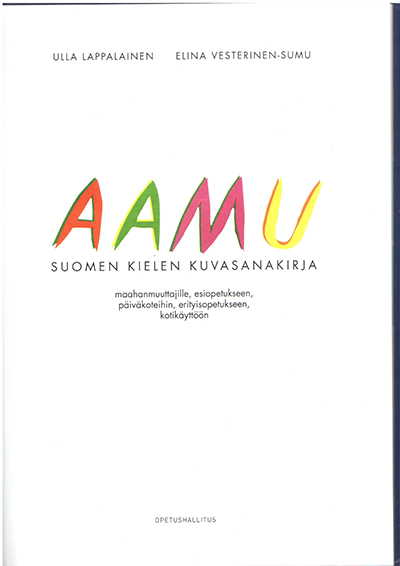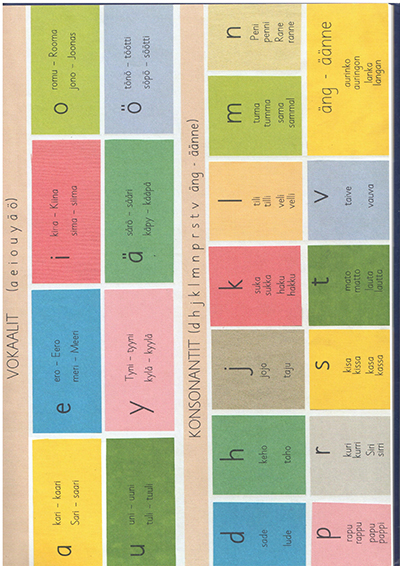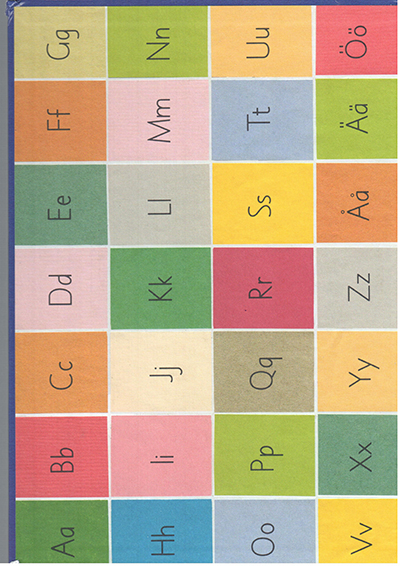| Sorted by date | |||
page060from Building Ideasthinking remains most distinct from Hegel, who just a decade or so later developed his alternative views of art. Where Hegel had tried to separate the aesthetic idea from the form of the art-object, as a means of consigning artistic practice to its lowly place in his philosophy, Kant and the Romantics after him had insisted on their inseparable unity and established the alternative view of the continued relevance of “aesthetic knowledge”.
Where Hegel describes the history of philosophy as a continual progress towards “absolute knowing”, he downgrades the role of the artist to that of a redundant supporting actor. Where art once had a useful function in the primitive stages of cultural development, it was then rendered obsolete by the superior precision of philosophical thinking. This “scientific” view of the growth of knowledge, which proposed that all life’s mysteries would eventually be solved, ignores the function of art as a mode of understanding and a necessary vehicle for critical debate. This notion of art as a means of criticism – a way of diverging from the dominant “paradigms” – is a vital legacy of the Romantic revolution in early nineteenth century literature and art. The Romantics attacked the notion of authority and the idea that one could discover the true nature of things. They dismissed the possibility of objective knowledge about the world and instead promoted individual expression. Their frustration grew, to a large extent, from the current dominance of scientific rationality which reduced the richness of experience to the dry descriptions of scientific formulae. Geothe’s meditations on the beauty of a dragonfly in the Leipzig Song Book provide a perfect illustration of the poet’s predicament: … It filts and hovers, resting not – Hush! On a willow bough it lights; I have it in my fingers caught, And now I seek its colours true, And find a melancholy blue – Such is thy lot, dissector of delight! 12 12 Johan Wolfgang von Goethe, from the Leipzig Song Book, quoted in Ernst Cassirer, The philosophy of the Enlightenment, Princeton University Press, Princeton, 1951, pp 344-5
|
|||
|
|||
|
|
 ... ...
... ... ... ...
... ... ... ...
... ... ... ...
... ... ... ...
... ... ... ...
... ... ... ...
... ... ... ...
... ... ... ...
... ... ... ...
... ... ... ...
... ... ... ...
... ... ... ...
... ... ... ...
... ... ... ...
... ...